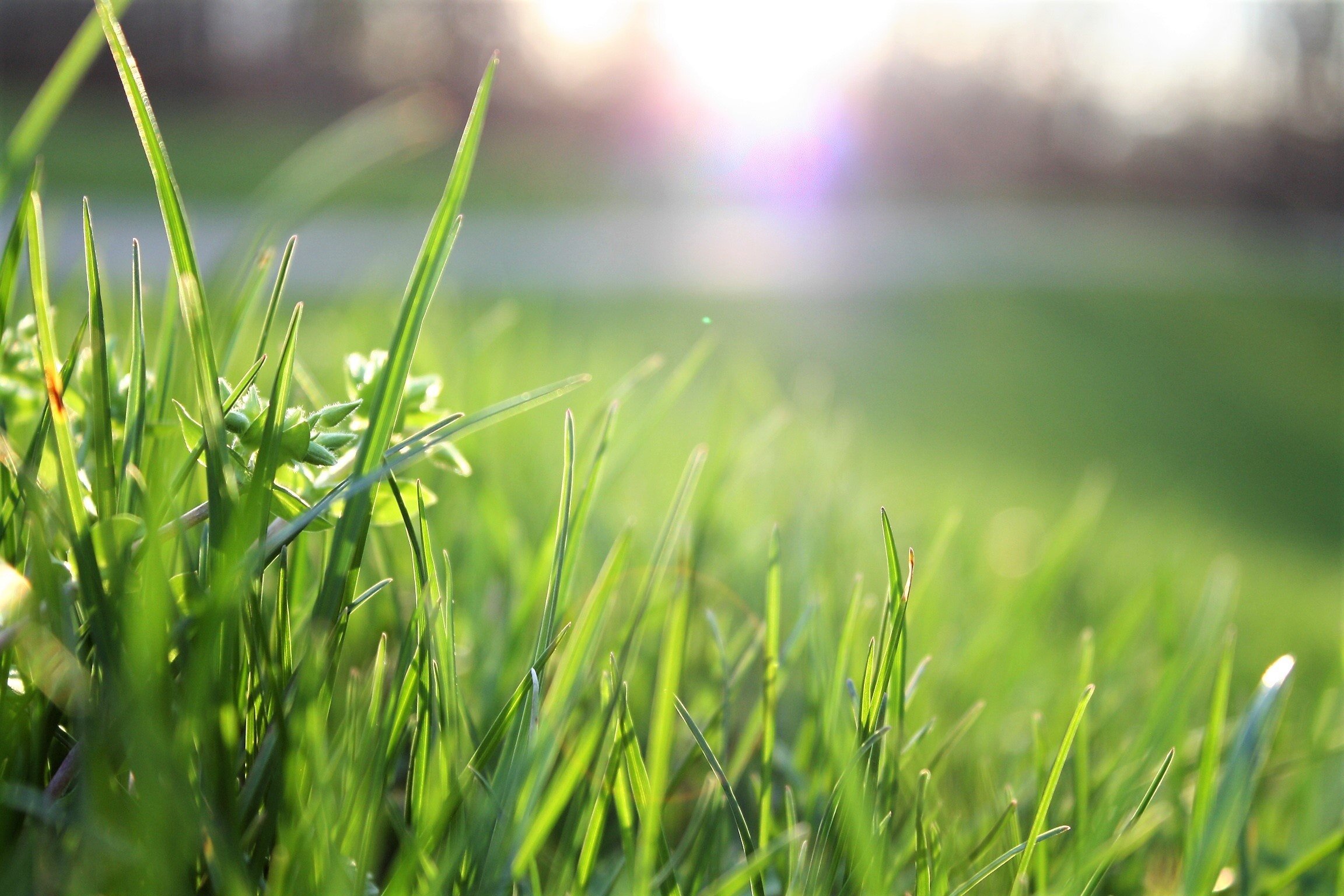What To Do When School Closes - Tips for Surviving and Thriving
What To Do When School Closes - Tips for Surviving and Thriving
Let’s get this straight from the outset - we’re dealing with an unprecedented situation and I am in no way calling myself an expert. I’m winging it, just like everyone else. With all the talk of schools closing, I’ve heard a lot of parents asking “but what am I supposed to do with my child during that time? There’s no way they’re going to sit and work for me like they do at school”. But here’s the good news - they don’t need to. Children are constantly learning, constantly gaining new skills, constantly honing and practising acquired skills, and naturally curious. It’s our job to make sure that the environment we provide for them allows them to do all these things. Everything that your child is taught at school is to help prepare them for the ‘real world’, and this type of learning is 100% achievable in our homes as well as in school. Even if your child’s teacher hasn’t given any information on home learning yet, they will have been squirreling away behind the scenes to plan for school closing and they will have a plan of action in place. Although I now work as a photographer, I’m also a qualified primary school teacher. I won’t tell you how many years’ experience I have - that’d give away how old I am ;)
So, here are my tips for making the most of having a ‘surprise break’ from school:
1. Children love routine.
Children like to know what’s happening now, what’s happening next, and what’s expected of them. That doesn’t mean to say that you need to have every minute of your day planned out in detail, but try thinking of the day as two ‘sessions’ - morning and afternoon. Plan an activity for each ‘session’, and make a simple timetable for the week. Your child’s school will also send work home with them. I’d suggest doing this work in the morning, straight after breakfast, when they’re most awake and ready to engage in more formal learning.
2. Make a List.
Get your child involved with making a list of things you could do during their time off. Pop it on a big piece of paper, stick it on the fridge, and every time an activity gets added into the weekly planner, tick it off. It will give your child a sense of ownership over their learning, help them have a balance of activities, and make it exciting for them when they’re choosing their activities for the day. Schools have to cater for all abilities and interests, and plan accordingly, but this is your chance to tailor your child’s learning to their exact interests and let them lead the way. There are so many online resources that will give you ideas for activities if you’re stuck. We love The Imagination Tree, Twinkl, and Pinterest for ideas and resources.
3. Change the “I have tO” to “I get to”.
This thinking has revolutionised my life. It’s a suggestion by Anna Mathur who is a psychotherapist (and definitely worth following on instagram) and she suggests that instead of saying “I have to do the shopping / hoover / iron the clothes” you change to saying “I get to do the shopping / hoover / iron the clothes”. There’s value in everything you do for your family, even in the boring, adult bits of life. By changing your mindset, you’re still doing the chores, but you’re recognising the value in them (if they don’t add anything to your life, why are you still doing them?!). This thinking can be applied to your child’s time off school and can massively change our attitude to being in the house with them. Instead of “We have to do your school work”, how much better does “Today, we get to do your school work at the kitchen table instead of at school!” sound?!
4. Progression not regression.
I know that some parents are worried that their children won’t make as much progress if they’re at home as they would have done in school. The important thing is that they don’t regress. You might not think you’re good at Maths, or you might have trouble spelling. You might not understand for yourself the work that’s been set by the teacher, especially if your child is further up the school. Google is your friend! You don’t have to pretend to know everything, look up the work with your child (make sure you use trusted resources!) and learn together. Doing something every day is better than doing nothing for fear of getting it wrong. If they’re still used to doing little bits of adult-led activities every day (ie not left to their own devices!), then they will adapt so much quicker to being back at school when it reopens. If your child attends a Welsh-medium school and you don’t speak Welsh in the house, please don’t panic. Giving them access to apps like Cyw, Magi Ann and Tric a Chlic and letting them watch Cyw or Stwnsh on S4C will keep them used to hearing the language. Once they’re back in school, it will all come back to them.
5. Get Outside.
I live near Cowbridge in the Vale of Glamorgan and one of my favourite things about living here is being able to access the outdoors straight from the house. Even in the city, it’s still possible to get outside while still keeping away from others, and I would 100% recommend it even if it has no other benefit than lifting your mood. We’ve had such a rough winter that I think we were all looking forward to this Spring. Coronavirus doesn’t have to take away from our time outside, as long as we spend that time away from others outside our immediate family. Even if you’re self-isolating, getting out into the garden every day will give your child a boost, and nature has so many learning opportunities for them. I love these maps which shows you all the footpaths in the Vale of Glamorgan and Cardiff that you can use to get some fresh air.
6. Limit Screen Time.
I don’t hate TV, playstations, iPads or any other form of technology. But during this time, I think it’s really important that we don’t slip into letting children have free reign over their screen time. Using technology as part of activities is different to letting children trawl youtube for hours on end. At the moment, there’s so much fake information out there about the virus that it could be quite damaging if they found something they weren’t supposed to. I’ll be using screen time (something on CBeebies in our case!) as a reward for getting everything else done during the day. I’m also being mindful of how much time I spend at my laptop and on my phone and have decided to get rid of the facebook and instagram apps on my phone so that I don’t check them automatically. Leading by example and all that!
7. Make time to talk.
There’s a well known saying in education that “If a child can’t say it, they can’t write it”. Speaking and listening is at the heart of language learning, and we can help our children by just chatting with them about day to day things. Give them new vocabulary and explain what it means to them. Discuss the pros and cons of different activities you’re doing with them. Talk them through even the day-to-day tasks that you’re doing to help them understand order and process. You might find that talking to them about the little things will help them open up if they’re worrying about the big things.
8. Have Fun.
Children love to learn, and learning can be so much fun. Younger children especially might come home from school usually and tell you that all they’ve done is play. This is the best kind of learning - when they don’t even know they’re doing it! You can incorporate Maths, Language, Science and a host of other skills into every activity you do and make it fun for children to learn. Baking, building dens, playdough, bath time, painting, crafting, junk modelling, planting, playing dolls, dancing, performing shows and playing house - these are all things that children love to do naturally, and they can all be great ways for children to learn without being bored. As I’ve mentioned further up the blog, we love The Imagination Tree, Twinkl, and Pinterest for ideas and resources.
9. Get your child to help out.
The children are off school, but (unfortunately) that doesn’t mean that the other jobs we need to get done as adults dissappear. Children of all ages can be encouraged to help out with chores at an appropriate level for their age. We can definitely use this time to give them life skills and to help them appreciate the work that we do for them behind the scenes. I find that cooking with children is amazing for language and maths skills, and because it takes a bit longer to prep all the food, it keeps them occupied for a bit longer too ;)
10. praise, encouragment and love are everything.
Depending on your child’s age, they will have varying awareness of the current situation. They might, like my daughter only know that school isn’t open at the moment (we have told her about the virus, but not in relation to school as it’s a safe place for her and she is only 4 years old). Or they might understand a bit more about the implications of the virus and exactly why schools are closing. Either way, being taken from their daily routine is bound to be stressful for them, and you might find that they don’t know how to react. As an adult, I’m worried, anxious and stressed about so many different aspects of this situation. Our children will be feeling the same feelings are we are, but they don’t necessarily have the emotional tools to express themselves. Giving them praise and encouragement for even the tiniest acheivement will improve their self confidence and making sure that they know that you’re there for cuddles, a chat or will help them feel secure during all these changes.
I’ve written these suggestions as a guide and I hope you’ll find them useful. I can’t cover every situation and if your child has SEN, you work from home, or you have lots of children, then these suggestions might not all work for you. But, there will be plenty of people in the same situation as you, and reaching out to them is so important at times like these. One thing I hope is that the community spirit that we’ve seen spring up recently (and no, panic-buyers, I am NOT talking about you), will be here to stay. Maybe we’ll be able to look back in a few months and see this as the turning point for our society, when we pulled together and looked out for each other.
Stay safe,
Clare x







